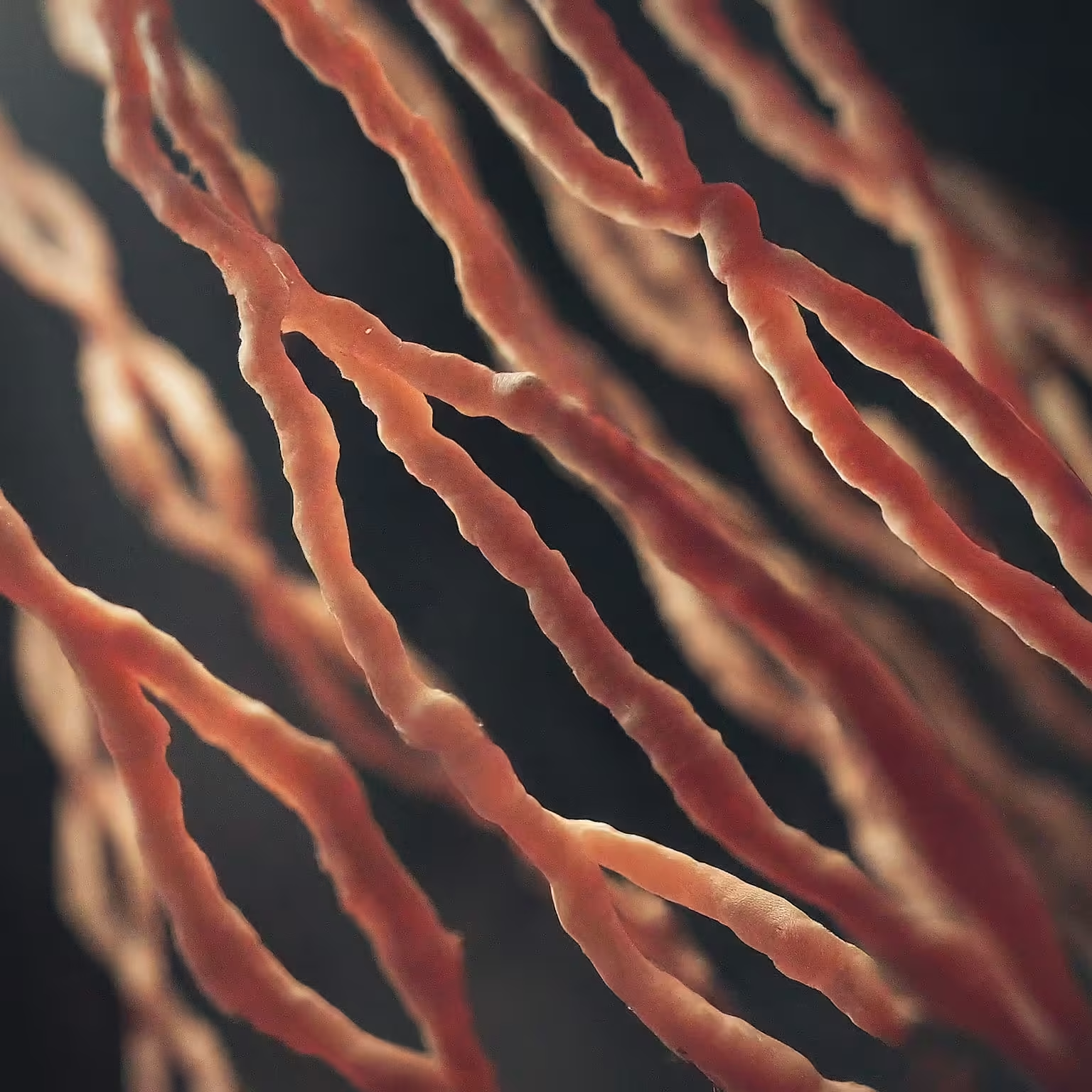Recent research has uncovered a concerning trend—the gradual shrinkage of the Y chromosome, the key determinant of male sex in humans. This discovery has sparked intense debate among scientists, as the implications could be profound, potentially altering the future of human reproduction. Could we be heading toward a world with only female offspring?
Y Chromosome
The Y chromosome is one of the two sex chromosomes in humans, the other being the X chromosome. Its primary function is to trigger the development of male characteristics by directing the formation of testes and the production of male hormones like testosterone. This tiny chromosome, which carries the all-important SRY (Sex-determining Region Y) gene, is what sets the male developmental pathway in motion.
SRY Gene
The SRY gene is often referred to as the “master switch” for male development. Located on the Y chromosome, it initiates the process that leads to the formation of male physical traits. Without the SRY gene, an embryo will develop into a female, even if a Y chromosome is present. This makes the SRY gene vital not just for individual males but for the continuation of male sex in the species.
Evidence of Y Chromosome Shrinkage
Studies indicate that the Y chromosome has been losing genetic material over millions of years. This process isn’t new—scientists have observed a steady reduction in the number of genes on the Y chromosome throughout evolutionary history. However, recent research suggests in spiny rats, this shrinkage is happening at an accelerated pace, raising alarms about the potential consequences.
The good news is that two branches of rodents have already lost their Y chromosome and survived. A 2022 study published in peer review journal ‘Proceedings of the National Academy of Science’ reveals that the spiny rat has successfully evolved a new male-determining gene, offering hope for humanity’s future.
Implications for Human Reproduction
If the trend of shrinkage continues, it could lead to significant challenges in human reproduction. One of the most alarming possibilities is the eventual disappearance of the Y chromosome altogether. Should this occur, traditional male sex determination could become impossible, prompting the emergence of new reproductive mechanisms.
The Future of Male Reproduction
The potential disappearance of the Y chromosome poses critical questions for the future of male reproduction. Without it, the biological mechanism for creating male offspring might cease to exist. Scientists are exploring how other chromosomes or genetic mechanisms might compensate, but the loss of the Y chromosome could lead to unforeseen changes in human biology.
Impact on Genetic Diversity
The Y chromosome carries unique genes that aren’t found on the X chromosome. The loss of these genes could reduce genetic diversity, which is crucial for the health and resilience of populations. A decline in genetic diversity could make humans more susceptible to diseases and reduce our ability to adapt to environmental changes.
Population Dynamics and Society Impact
A world without male offspring would dramatically alter population dynamics and societal structures. Gender ratios would skew heavily toward females, potentially leading to new social challenges. Scientists are beginning to explore how such a shift might affect human populations and what adaptive strategies could emerge.
Current Research and Future Directions
Researchers are intensifying their studies on the Y chromosome to understand the full extent of its shrinkage and the potential consequences. Advances in genetic and genomic technologies are providing new insights, offering hope for solutions to this unprecedented challenge. Among the areas of focus are alternative mechanisms for sex determination and innovative reproductive technologies that could help counter the effects of a shrinking Y chromosome.
Preparing for a Genetic Shift
The shrinking ‘Y’ chromosome represents a significant development in human evolution, one that could reshape the future of reproduction and genetic diversity. While the disappearance of the ‘Y’ chromosome is not imminent, the possibility is serious enough to warrant ongoing research. As scientists continue to investigate, it becomes increasingly clear that understanding and preparing for these genetic changes is crucial for the future of humanity.
In summary, the ‘Y’ chromosome and its critical SRY gene play an indispensable role in human development. The potential loss of this chromosome could have far-reaching implications, making it essential to explore and address these challenges before they become a reality.
To know more about vaccine derived polio case in Meghalaya, click here


[…] with many users showcasing their pride in their Brahmin identity. Posts ranged from pictures of men displaying their sacred threads (janeus) to individuals boasting about their Brahmin lineage and […]
[…] and brain evolution, this is paving the way for the next generation of medical breakthroughs. Researchers are optimistic that these RNA’s will soon become a standard tool in the fight against some of […]